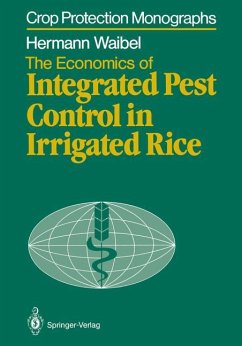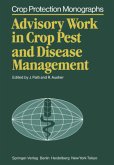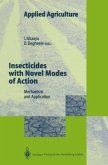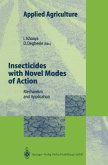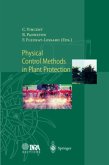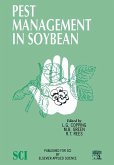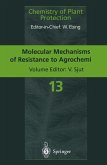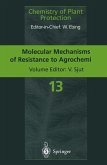As a result of the green revolution, the use of yield-increasing inputs such as fer tilizer and pesticides became a matter of course in irrigated rice farming in Southeast Asia. Pesticides were applied liberally, both as a guarantee against crop failure and as a means of fully utilizing the existing yield potential of the crops. However, since outbreaks of pests, such as the brown planthopper (BPH) or the tungro virus, continued to occur despite the application of chemicals, a change of approach began to take place. It is now being realized more and more in Southeast Asia that crop protection problems cannot be resolved solely by the application of chemicals. In the past several years, increasing efforts have there fore been made to introduce, as a first step, supervised crop protection, leading gradually to integrated pest management (Kranz, 1982). Although the crop protection problems naturally differ in the different devel oping countries in Southeast Asia, the economic situation prevailing in these countries can nevertheless be regarded as an important common determinant: pesticide imports use up scarce foreign currency and thus compete with other imports essential to development. For the individual rice farmer, the problem is basically the same: his cash funds are limited and he must carefully weigh whether to use them for purchas ing pesticides, fertilizer or certified seed. In view of this constraint, it is becom ing necessary to abandon the purely prophylactic, routine calendar spraying and instead, employ critically timed and need-based pesticide applications.
Hinweis: Dieser Artikel kann nur an eine deutsche Lieferadresse ausgeliefert werden.
Hinweis: Dieser Artikel kann nur an eine deutsche Lieferadresse ausgeliefert werden.

